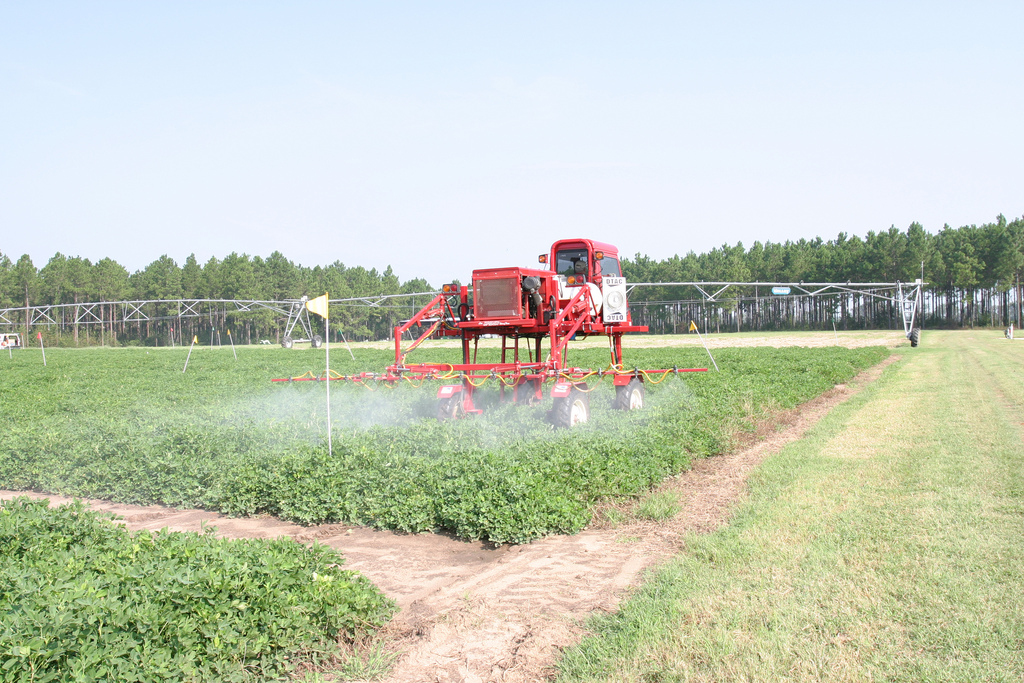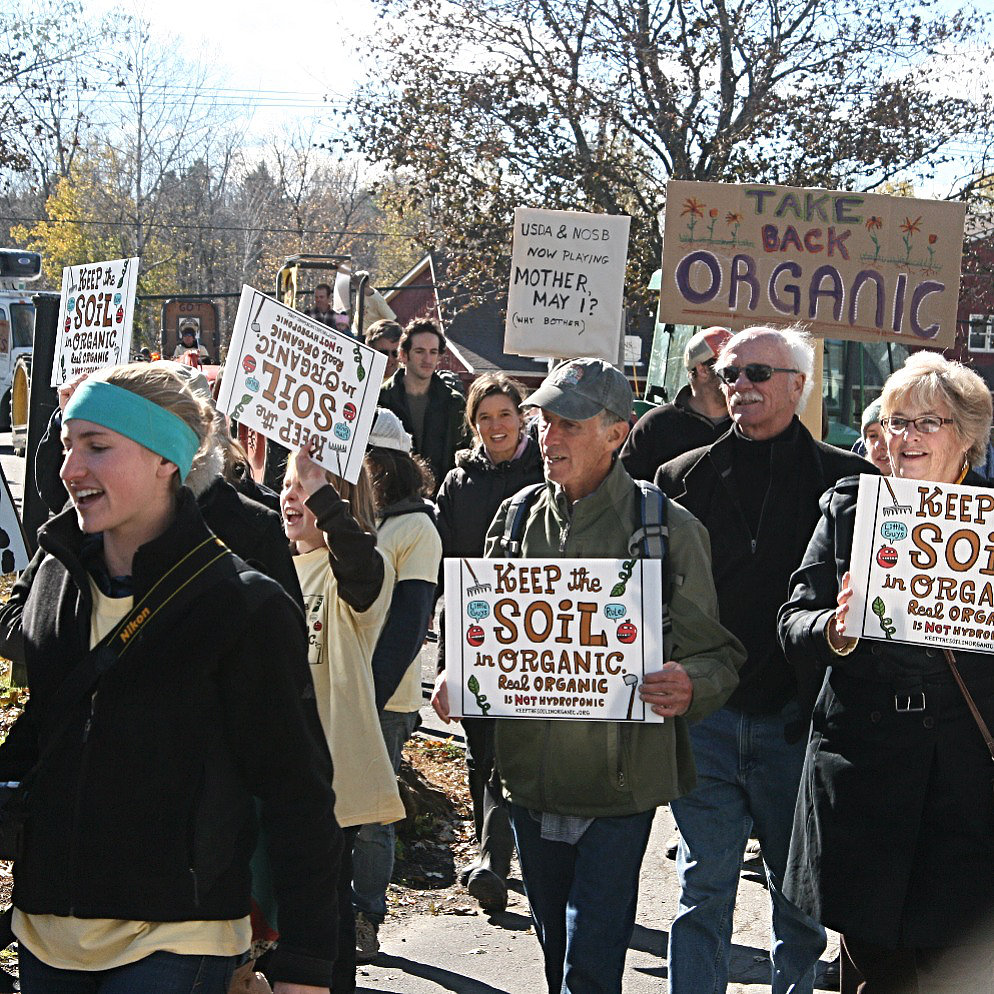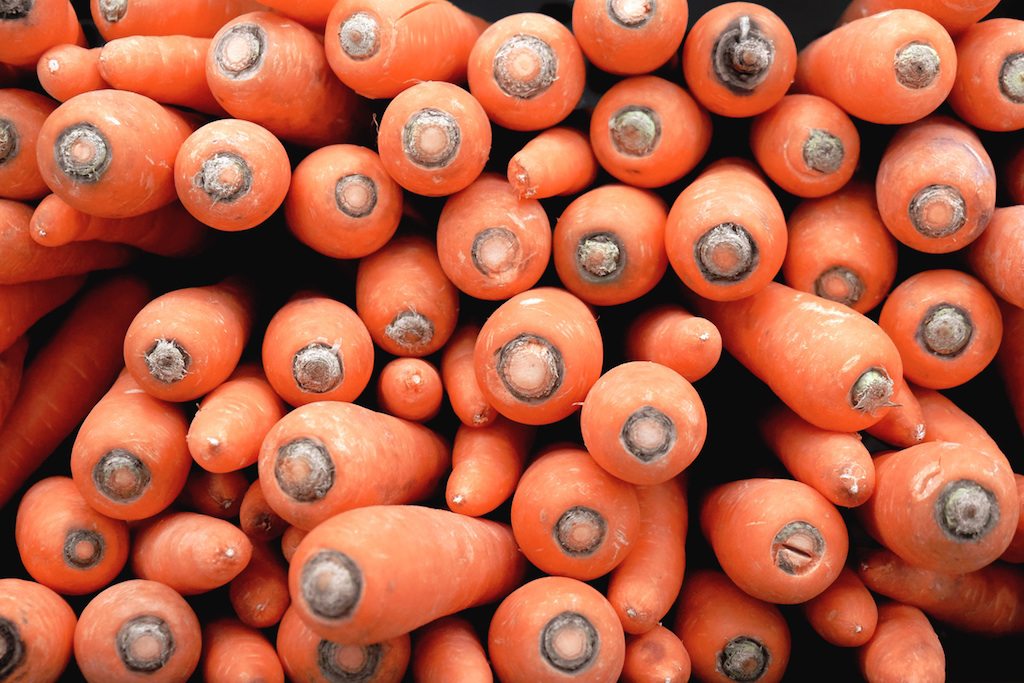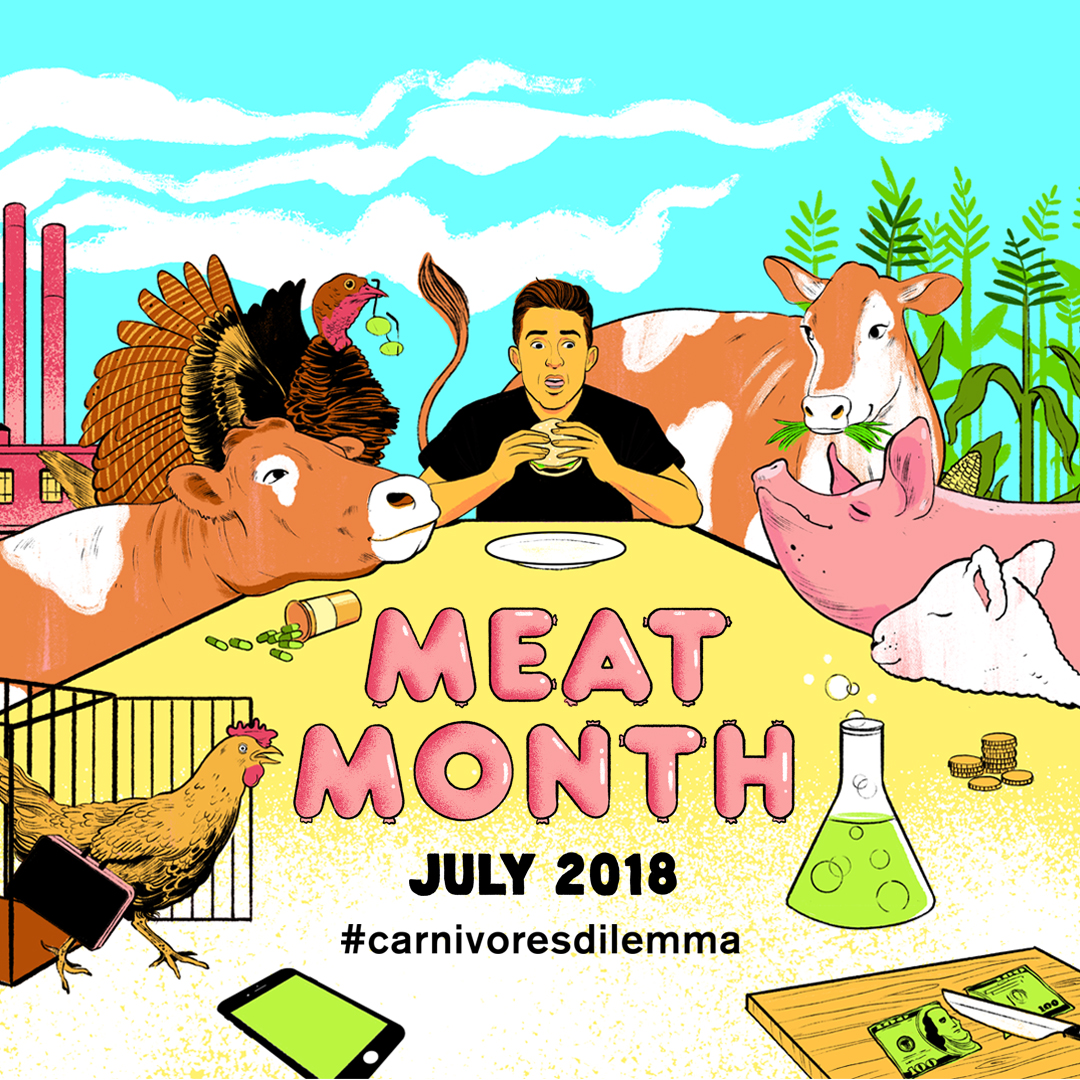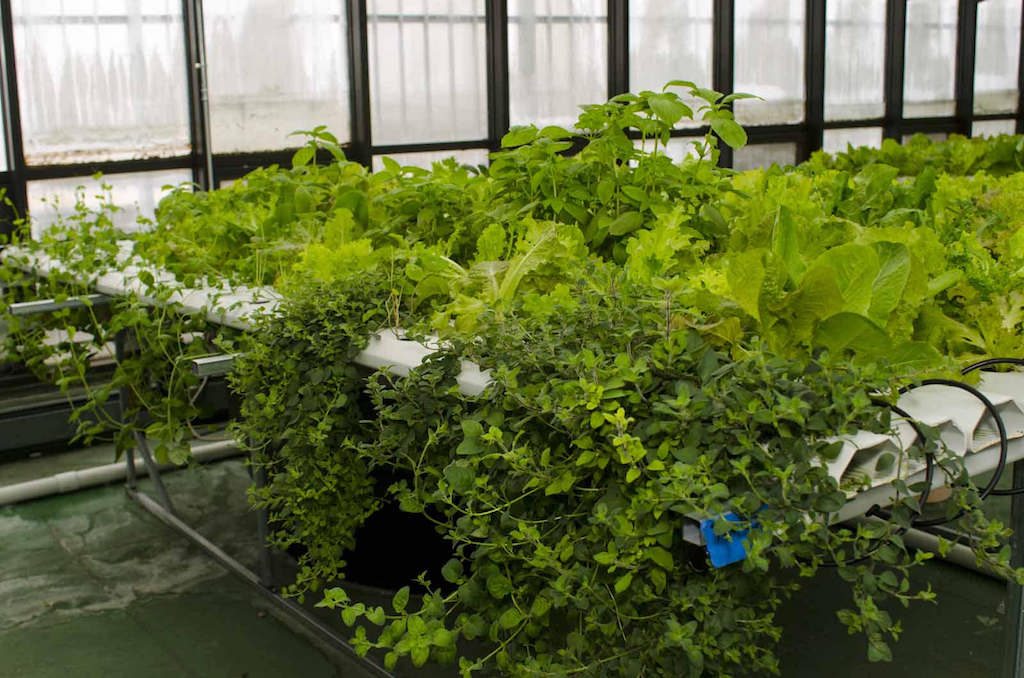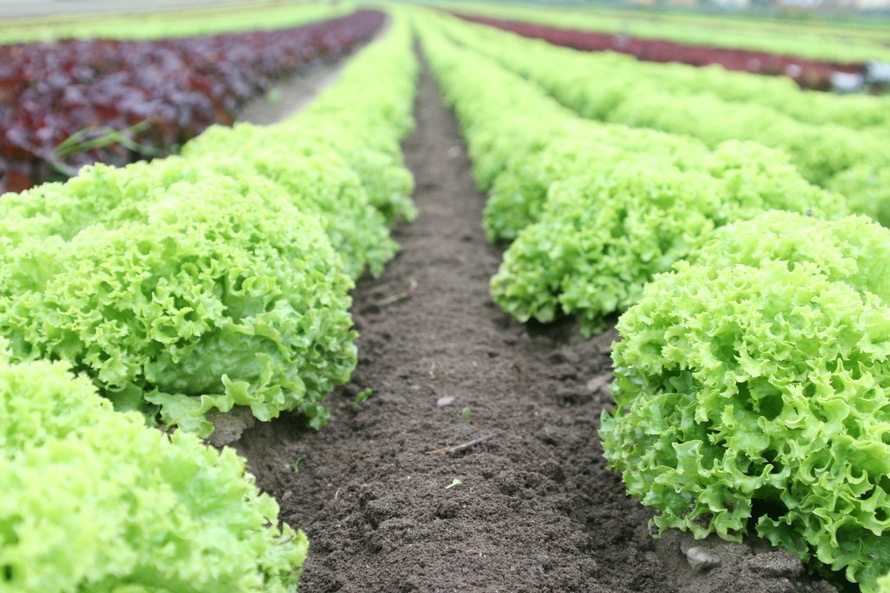Flash! A new study published Tuesday in the journal Environmental Research reveals that people who switched from a conventional to an organic diet reduced their intake of pesticides by 60 percent in just one week.
Well, that’s it. Game over. The evidence is all in, and organic wins.
Yeah, right.
If you’ve been reading about the study (I have, in a mini-explosion of coverage that hews remarkably close to the press release sent out by Friends of the Earth, which sponsored the research and employs one of the authors of the study), you may have formed the opinion that it’s kind of a big deal. Take the word of someone who reads press releases every day and has even written a few: Never trust them. RTFD. Read the document.
So I read the study. (You can, too, here.) Here’s what I got out of it. The researchers wanted to prove that going organic reduces pesticide exposure. That’s something that’s been proven before for certain pesticides, but they wanted to expand the list. So they got together four “racially and geographically diverse” families comprising 16 people and had them eat their regular diet for five days before switching to organic food (which the researchers provided) for six days. They collected lots of urine samples and tested them for the metabolites produced when the body is exposed to 40 of the most commonly used pesticides. The metabolites themselves aren’t toxic. They just tell you how much of the pesticide the subject has been exposed to over the preceding few days.
So basically, the Environmental Research study took people who had been eating food that was likely to contain traces of certain common pesticides, then fed them food that by law was supposed to be grown without the use of those particular pesticides. And they discovered that their test subjects were indeed consuming less of those particular pesticides. It’s kind of like taking a bunch of people who’ve been drinking, wresting away their booze, then testing to see if their blood alcohol drops. It might be scientifically useful, but it doesn’t merit the kind of press campaign that Friends of the Earth has been waging for it, complete with 20-page brochure, FAQ, and website. And it certainly doesn’t merit the kind of slavish (and occasionally plagiaristic) coverage I’ve been watching pop up all day online.
You might in fact be persuaded by the study results. That’s fine. But let’s be clear about some of the things the study may seem to prove but doesn’t.
First, it doesn’t prove that organic food is lower in pesticide residues than conventional food. (In any case, we already knew that.) It just shows organic eaters take in fewer of the 40 pesticides measured by the researchers. That’s 40 out of something like 900 pesticides on the market, and includes none of the pesticides that are permissible in organic farming.
And what if the standards are wrong? I have no doubt that some of them are wrong. And there have been and will be battles over how the standards need to change. We’ll never see an end to re-evaluating the evidence and rewriting the regs. But the errors aren’t all going to be on the side of products favored by big agribusiness. Take the case of rotenone, a natural plant derivative that is used for things like controlling (that is, killing) invasive fish populations and as an insecticide. Because it is natural, it was acceptable for use in organic farming.
It may sound like I’m trying to argue that organic food presents just as many dangers as conventionally produced food. I’m not. I don’t know one way or another, and, after experiencing the hype and questionable intellectual honesty of the Friends of the Earth press kit, I’m persuaded they don’t know either, or they wouldn’t have had to oversell their work so much.
But pesticides are not the point. What we want to look at is risk—not just the risk of a specific class of chemicals, but total risk. That necessarily includes more factors than toxins. Some studies suggest that organic produce is more likely to be contaminated with E. coli than conventional produce. How much weight should that carry when we’re choosing between organic and conventional food? How much should access to food or environmental protection weigh compared to incremental individual risk?
Here’s a pretty basic question: What if a relatively poor person becomes persuaded that only organic food will do, but then drops a lot of fresh fruits and vegetables from their diet because organic food is so expensive? What happens to that family’s risk profile? I’m betting that in this circumstance, organic is the worse choice, but I could certainly be wrong.
It would make a great experiment, wouldn’t it? I wonder if Friends of the Earth would like to sponsor it. Do it, guys. I’ll even help write the press release.
